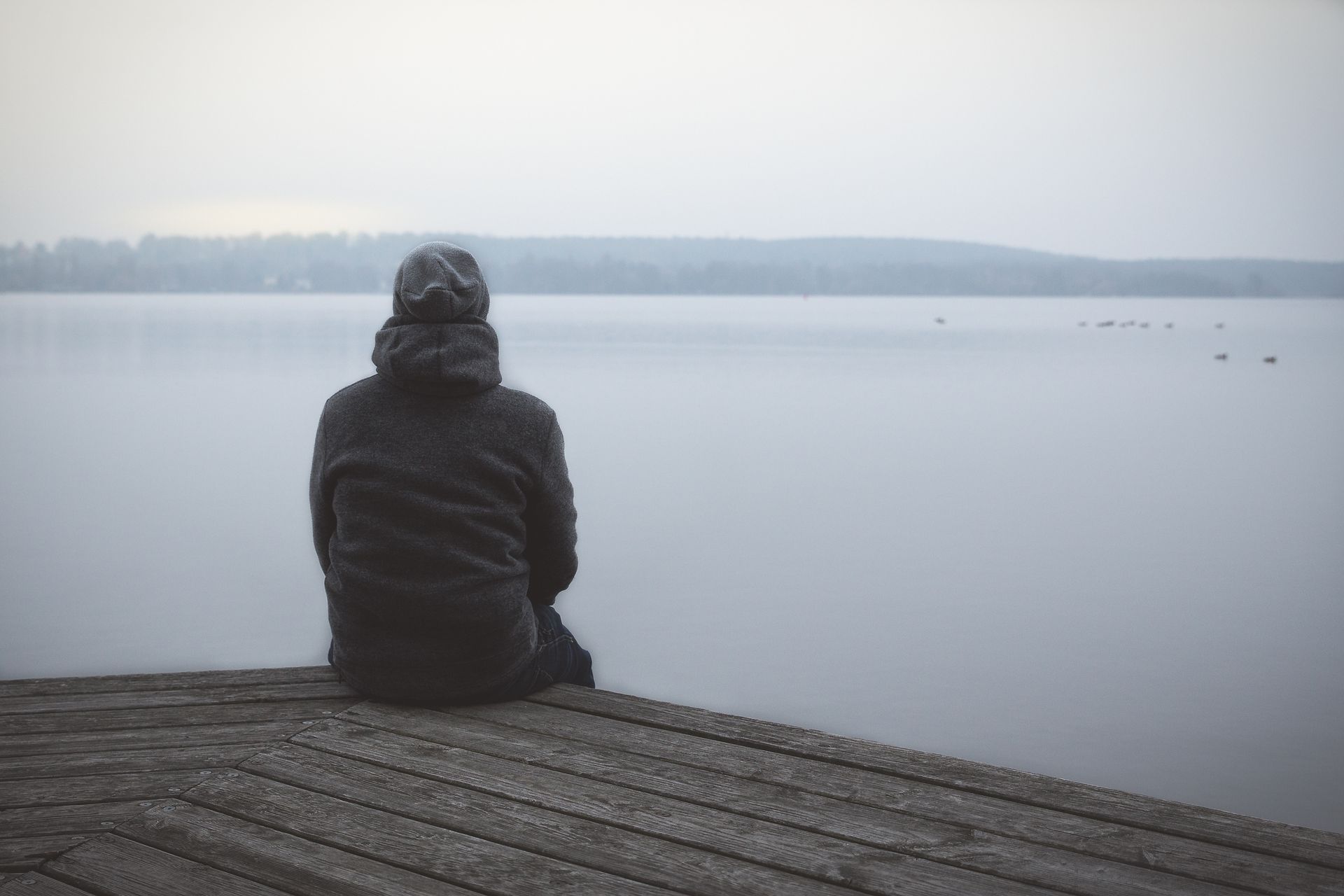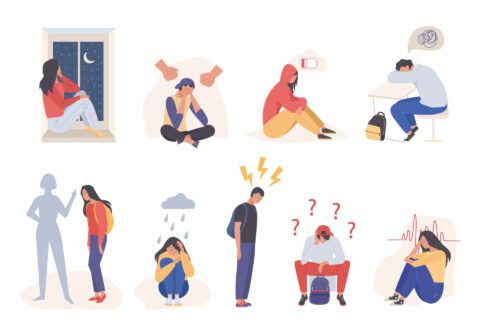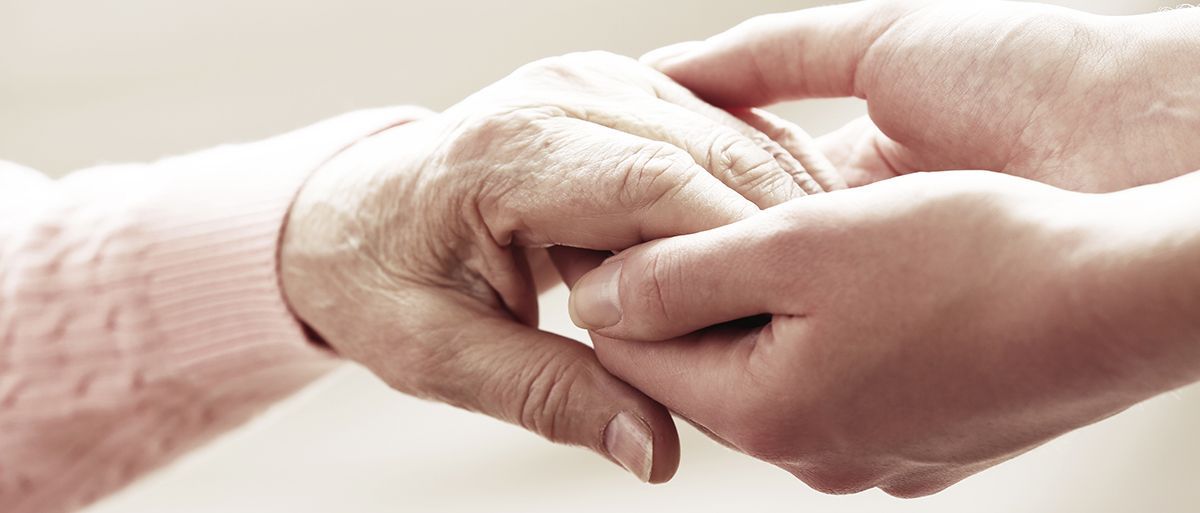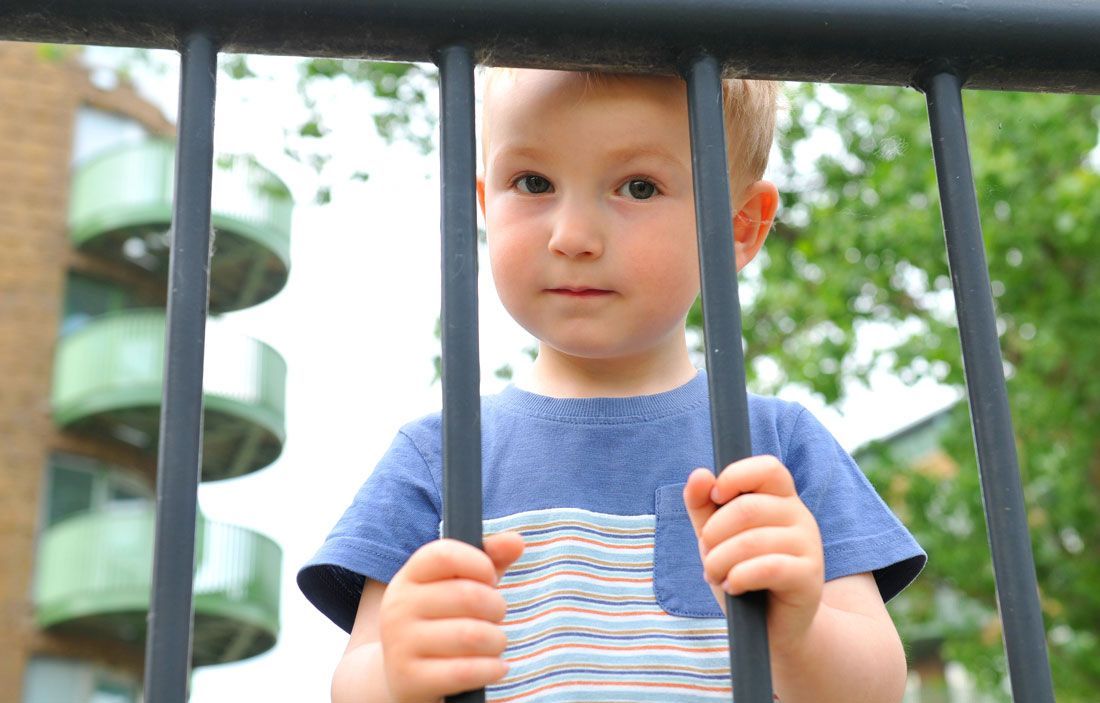Regret

Written by Memorial Mortuary & Cemeteries in-house Grief Counselor, Amanda Nelsen
The topic of regret has been on my mind recently. I often hear clients talk about the regrets they had after a loved one died – some become quite reflective on things they could have done differently or “better” while their loved one was still alive. Some think about the physical process of death that occurred – and have regrets about the way they handled it or dealt with it.
But I also hear about regrets in the mourning process. There have been two regrets that I hear most often – so I thought I’d share my thoughts on those regrets and perhaps ways to avoid them.
The first is regrets over not seeing their loved one’s body after death.
Of course, there are situations where it is not possible to view your loved one, but this regret is more specifically about declining to see their loved one after death.
There are many reasons someone might decline to see their loved one, but I often hear about people declining because they don’t want to see their loved one “that way.” Which is understandable – seeing your loved one’s body brings up a lot of difficult emotions. There is absolutely no way around that – however, that is often the point of many grieving rituals. In order for us to move forward in our grief, we must experience the painful and difficult parts.
You can do a few things to prepare yourself to seeing the body. If the funeral staff didn’t tell you what to anticipate, ask questions (Who will be there? What state will the body be in? What is the room like? How much time do you have? Can you touch the body? Are there parts that are covered because of damage?)
It is also important that the bereaved communicate their own desires and expectations. Some things to consider: Do they want to be alone? How close do they want to be to the body? Are there religious rituals they want to perform?
Of course, all that being said, many people choose not to view their loved one’s body and feel that is the right decision for them. You know yourself and, whatever decision you make, your grief will move forward.
The second regret I hear is when people don’t have a memorial ritual after a loved one’s death (a memorial ritual being a funeral, religious service, or some other tradition). It is often tempting to bypass having a funeral. Maybe the deceased expressed they didn’t want one, maybe the prospect of planning and attending a funeral seems too overwhelming, maybe you think it’s best to try and focus on the “celebration” of someone’s life instead of mourning for them.
I understand the desire to avoid a funeral. They can be difficult and very sad. It’s natural to want to turn away from them. It’s natural to think that holding a celebration will help circumvent some of the messiness of early grief. Unfortunately, grief doesn’t work that way.
There is a popular saying, “In grief, the only way out of the pain, is through it.” Having a funeral gives you a good start on going through the pain. Not having a funeral (or memorial ritual of some type) helps the grief grow.
And even if you didn’t have a memorial ritual soon after the death, you can have one any time you are able. Finding ways to remember your loved one and mourn together will be key to moving forward in grief, and hopefully avoid any further regrets about the grieving process.
If you have any questions or would like to talk to a grief specialist, please feel free to reach out.
The post Regret appeared first on Memorial Mortuaries.












